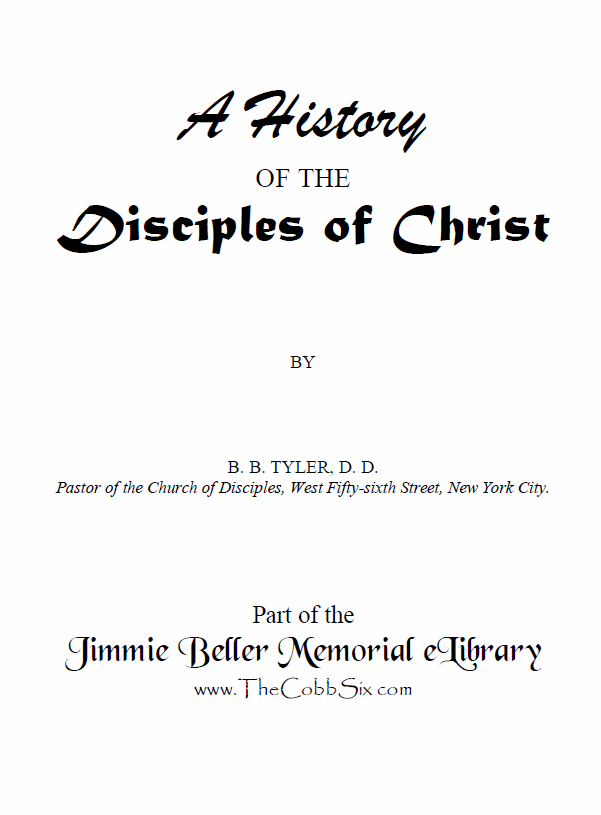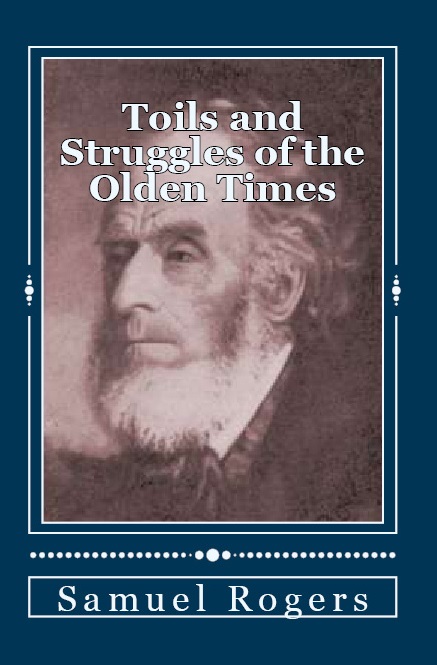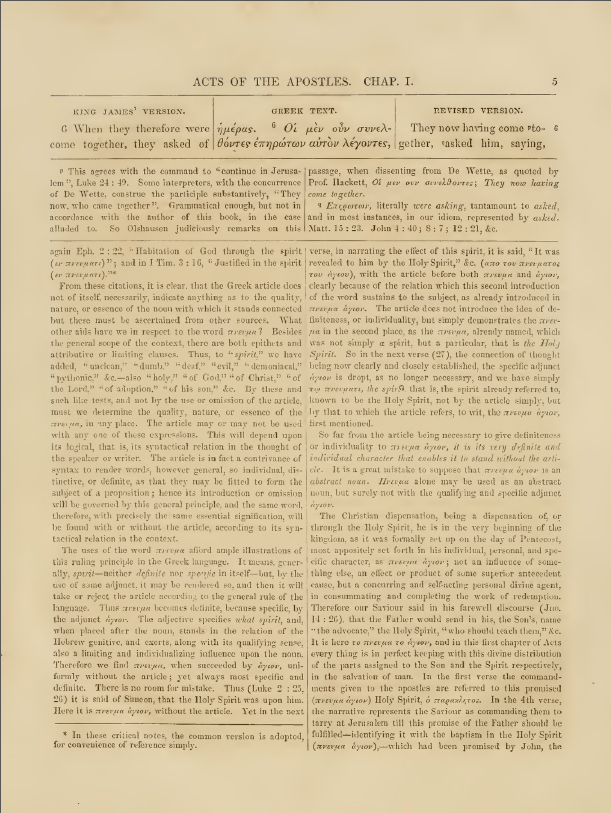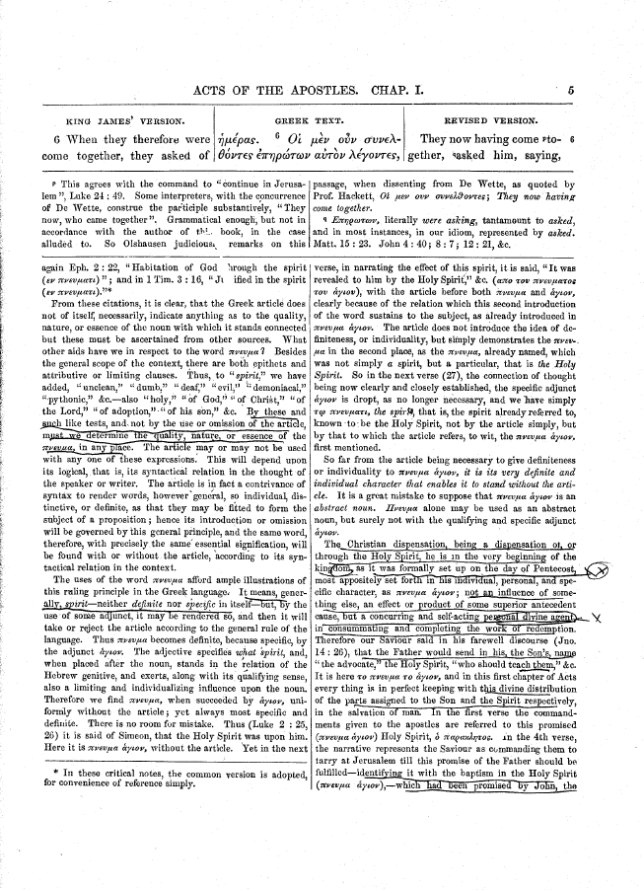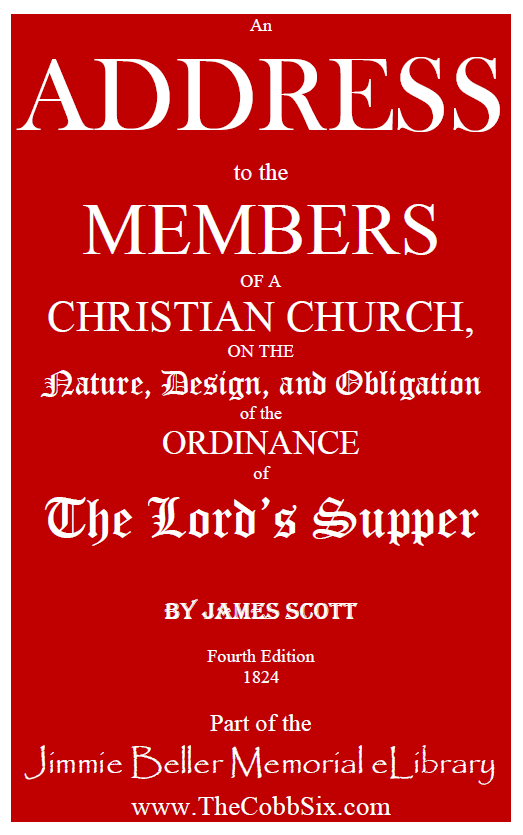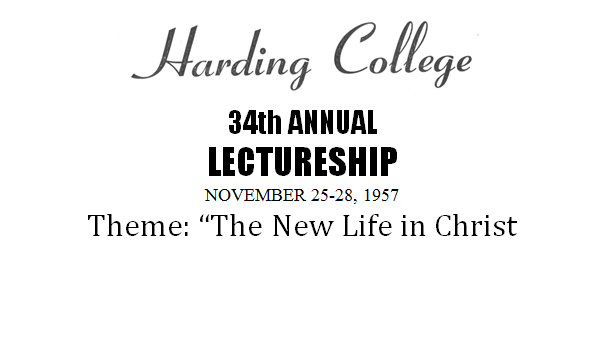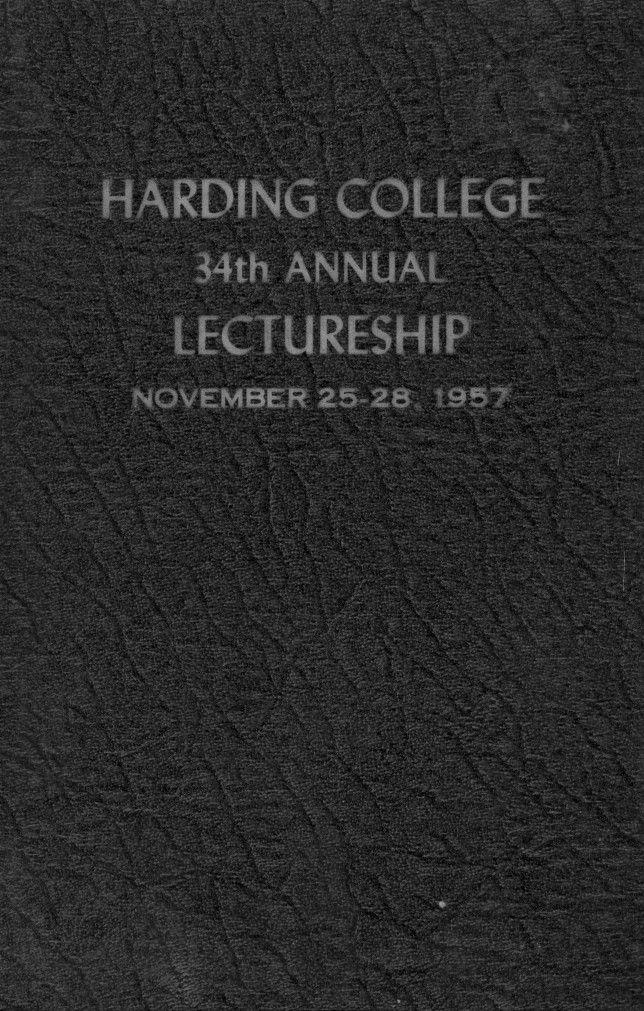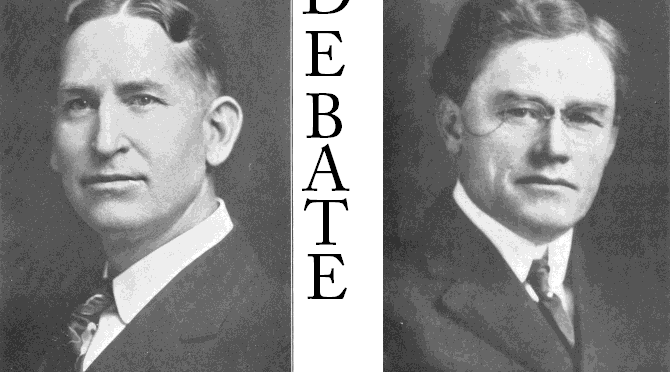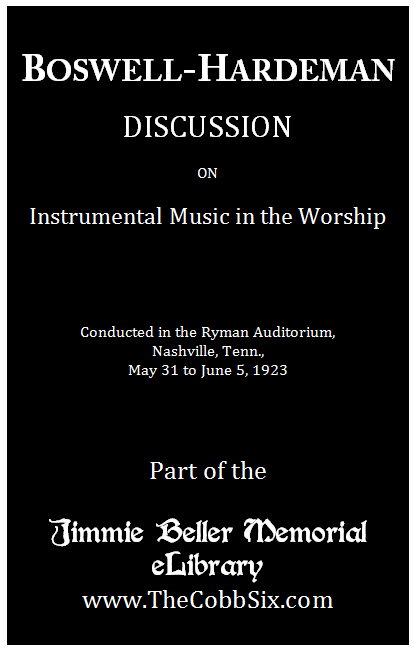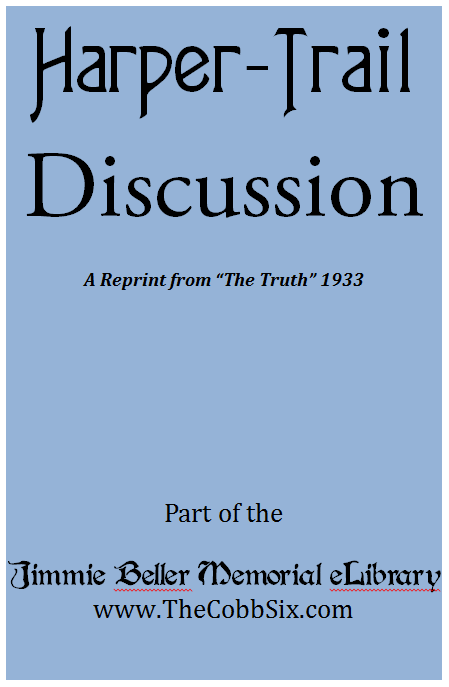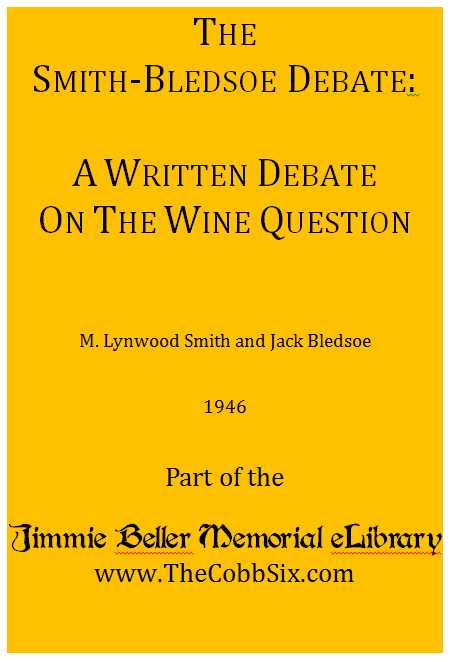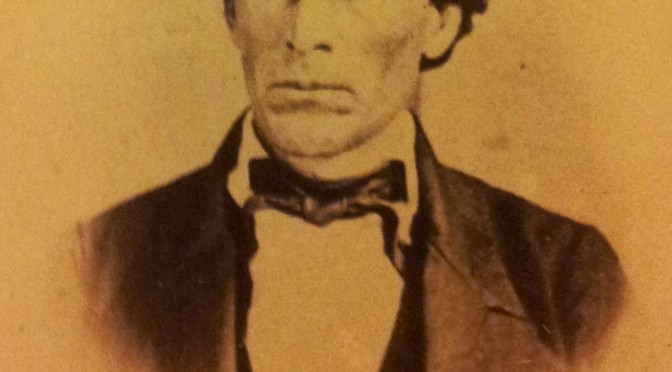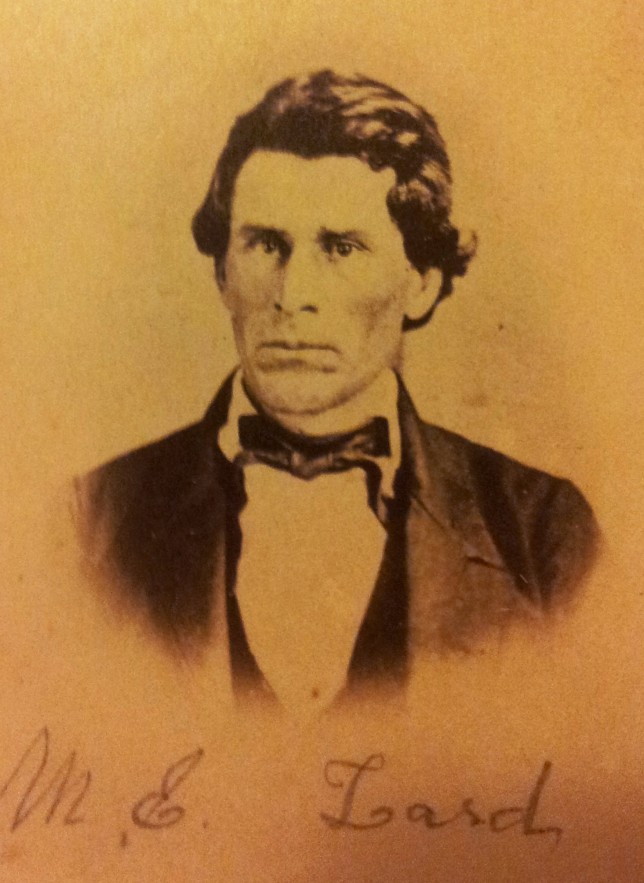Most Restoration Movement enthusiasts and experts rank the “Last Will and Testament of the Springfield Presbytery” as perhaps the most important document in the effort to restore New Testament Christianity (or at least the second-most important). The man who was behind this document is rarely mentioned, though. His name is Richard McNemar.
Today’s addition to the Jimmie Beller Memorial eLibrary (yes, I know this is Monday, but we’re feeling generous, and I’m behind on my apostles notes) is the rest of the story.
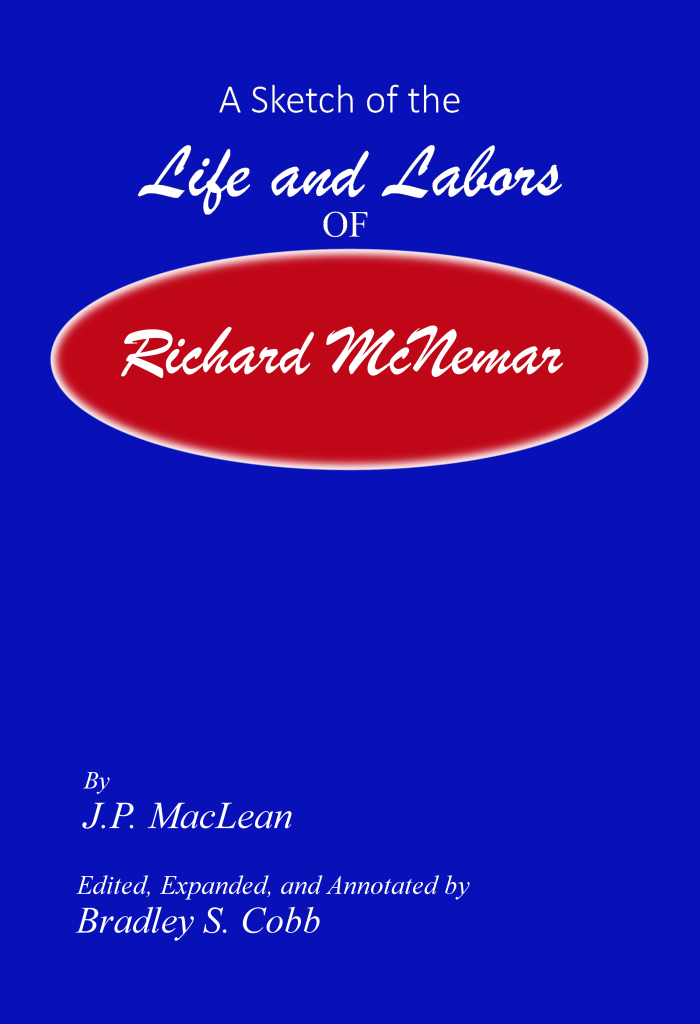
We first published this book back in 2014, and if you want it in print, we’ll be happy to sell you a copy (just $5.99), but now you can read it for FREE on your computer or electronic device.
I’m sure you want to know something about it, so here’s a bit of information:
From the Preface:
Richard McNemar is an enigma to many students of the Restoration Movement. He shows up as a co-worker with Barton W. Stone, and his name is on one of the most historically significant documents of the Restoration. Yet he is not much more than a footnote in the history books. This primarily stems from his conversion to Shakerism in 1805. However, for those students who want to know more about him, and want to know what happened to him after the Last Will and Testament of the Springfield Presbytery, this book is for you.
This is a sad tale of a preacher who had great potential, but who was caught up in false doctrines.
The author of the book (J.P. MacLean) was a historian of the Shakers (publishing several Shaker-related books), and a Universalist minister from Ohio. Since much of McNemar’s work as a Shaker was in Ohio, it caught MacLean’s attention and influenced him to put together this work, originally published in 1905.
This work on the life of Richard McNemar has undergone several editorial changes in spelling, punctuation, and formatting. Additionally, several footnotes have been added to explain various words and phrases that aren’t familiar to most readers. There is also a new section added to the end of the book which gives a very brief overview of the history and beliefs of the Shakers.
We do trust, however, that you will find this work, A Sketch of the Life and Labors of Richard McNemar to be interesting, and that it will help you know “the rest of the story.”
Contents:
Preface.
Chapter One: Early Life.
Chapter Two: Charges of Heresy.
Chapter Three: The Kentucky Revival
Chapter Four: Conversion and New Order
Chapter Five: An Account of Labors and Suffering.
Chapter Six: Travels and Special Missions.
Chapter Seven: Literary and Other Industries.
Chapter Eight: Persecution, Expulsion, Triumph, and Death
Bibliography.
Appendix: A Brief Overview of the Shakers
Published by Cobb Publishing, 2014.
To read this book or download it for your PDF collection, just click the link below!
Richard McNemar
-Bradley S. Cobb
